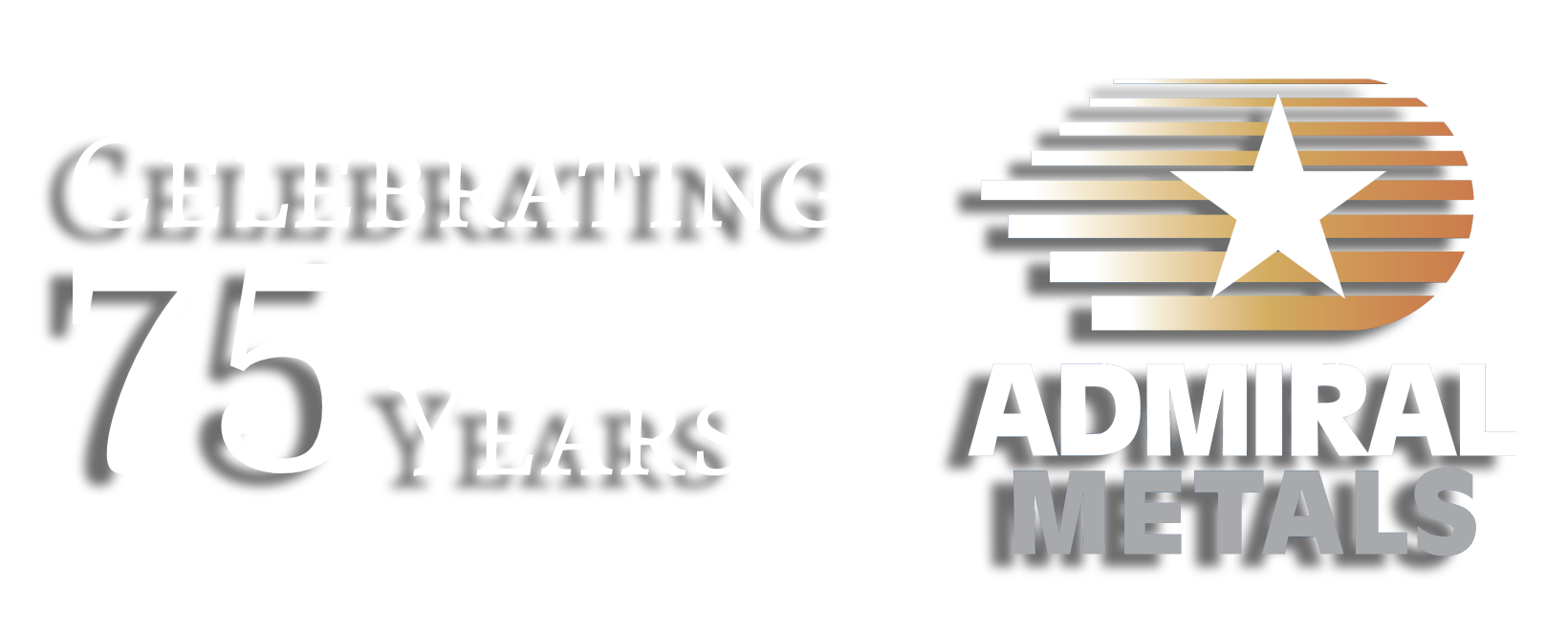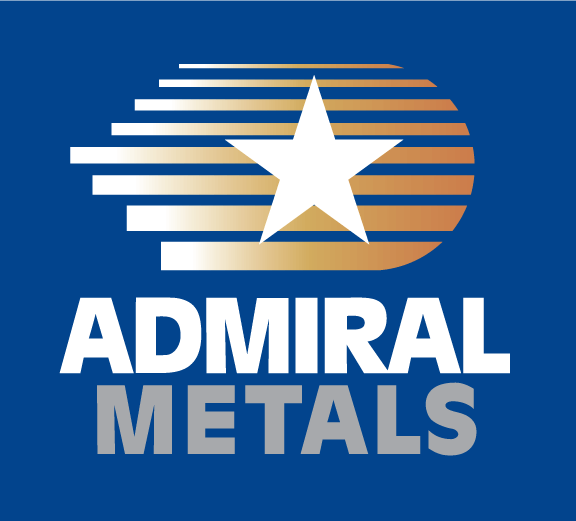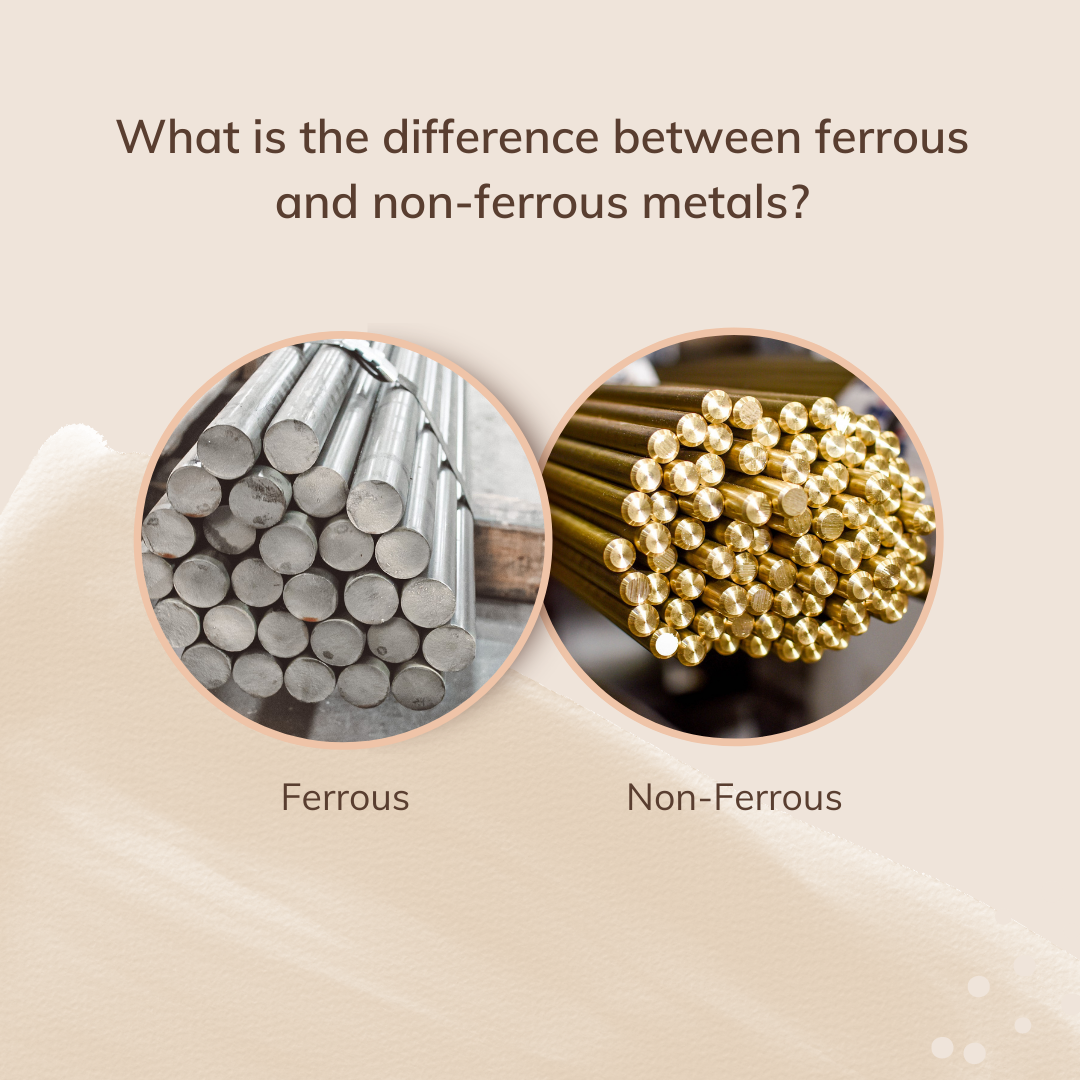![]()
Last November, we issued a newsletter discussing world-wide supply and
demand of rare earth metals, the seventeen not-so-rare elements
commonly used in production of hybrid cars, electronic devices like cell
phones, wind turbines and modern weaponry. At the time, we noted
China’s dominant position in the rare earth supply chain and the country’s
expanded reserves and restrictive export policies. At issue is that China
holds in reserve about 50{41f8e085fc68038a2da2699f98ad8aea8b7e87e25f742017f6f76a0b55118d3c} and produces 95{41f8e085fc68038a2da2699f98ad8aea8b7e87e25f742017f6f76a0b55118d3c} of the world’s supply
(source: US Geological Survey). Yet, in an era of explosive demand, China
has controlled and limited exports, releasing less than half the rare earth
metals it did just 5 years ago.
Last month, it was these very export restrictions that came under fire as
the US, European Union and Japan filed a complaint with the World Trade
Organization demanding that China face sanctions should its policies
continue. The complaint alleges that by deliberately creating a scarcity of
rare earths, manufacturing and production from other countries are forced
into China. This would be in violation of the WTO General Agreement on
Tariffs and Trade of 1947 that states a member country cannot impose
export restrictions limiting world supply without also limiting domestic
supply. It is alleged that China is infusing domestic supply, keeping prices
low while at the same time limiting its exports and global supply.
In a White House press conference, President Obama stated, “We want
our companies building those products right here in America. But to do
that, American manufacturers need to have access to rare earth materials
which China supplies – Our competitors should be on notice: you will not
get away with skirting the rules.”
Not surprisingly, China rejects the allegations, stating that its trade
practices fall within WTO rules regarding the protection of natural
resources, and claims its policies are not intended to produce restraint of
trade. A decision will be rendered at the end of this year.
As often happens in a free market economy, high prices yield innovation,
which we are experiencing in the case of rare earths. The world is growing
its mining and production of rare earth metals with approximately 400+
projects under development by some 259 different companies in 36
different countries (source: Technology Metals Research). Increased
production is expected in Malaysia, Russia, Brazil and India as well as the
controversial Mountain Pass mine in California. In an ironic twist, this US
mine purchased by Colorado-based Molycorp, Inc. has come under criticism for selling much of its rare earth metals to China. In addition, recycling remains strong and alternat ives to rare earths are regularly uncovered. Early this year, Toyota announced it has engineered rare earth metals out of its hybrid and electric vehicles.
As a result, the prices of rare earth metals have been volatile, rising to
record highs in the first six month’s of 2011, then dropping dramatically as
the year ended. Rare earths such as cerium oxide, often used as a
polishing catalyst for colored glass and flat screen tv screens, averaged a
high of $138.29 per kg in the second quarter of last year, falling to $45 per
kg. Lanthanum oxide, used in lighting, laptop batteries, camera lenses and
hybrid car batteries closed the year at about $52 per kg, down from a high
of $135.02 per kg.
Still, as long as our cell phones require rare earth metals to vibrate,
demand will remain high. We expect prices will continue to drop as mine
production ramps up and more alternatives are uncovered. New production
and innovation take time, however, and so we may continue to see
volatility in the rare earth market until the WTO’s decision is rendered.
At Admiral, it is crucial to our business and to our customers, that we
monitor the global metals marketplace, including trends in related
industries. It’s one more way we deliver superior service to you, our valued
customers.
What is the future of the workplace?
This last year and half have been filled with uncertainty whether you are a company owner or an employee working for someone else. During...




